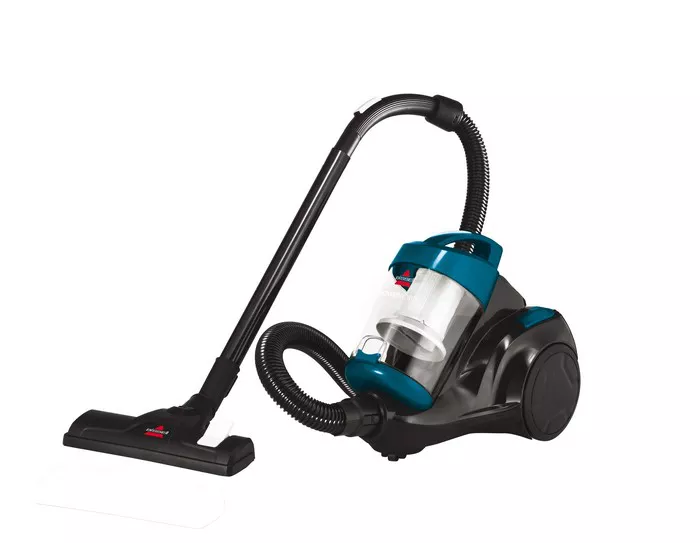Cleaning is an essential part of daily life, and the tools we use reflect cultural differences. One common question that arises is whether British people refer to a vacuum cleaner by that name or use another term. This article explores the terminology used for vacuum cleaners in Britain, the history behind these terms, and how language shapes our understanding of everyday objects.
Introduction to Vacuum Cleaners
A vacuum cleaner is a device that uses suction to remove dirt and debris from floors, carpets, and other surfaces. It has become a staple in households around the world. The term “vacuum cleaner” is widely recognized, but different regions may have their own slang or variations. Understanding these variations can provide insight into cultural preferences and habits.
The Term Vacuum Cleaner
In Britain, the term “vacuum cleaner” is commonly used. This name describes the device’s primary function: it creates a vacuum to suck up dirt. The word “vacuum” comes from the Latin “vacuum,” meaning “empty space.” The addition of “cleaner” indicates that this device cleans by creating that empty space to collect dirt.
Regional Variations in Terminology
While “vacuum cleaner” is prevalent in the UK, it is interesting to note that some people may also refer to it simply as a “hoover.” This term originates from the Hoover Company, an American brand that became synonymous with vacuum cleaners in many English-speaking countries.
The Influence of the Hoover Brand
The Hoover Company was founded in the early 20th century and gained significant popularity in Britain. Its products were among the first vacuum cleaners to be marketed widely. As a result, the brand name “Hoover” became a generic term for vacuum cleaners in the UK. This phenomenon occurs with many products, where a brand name becomes synonymous with a product category.
Why Do People Say Hoover Instead of Vacuum Cleaner?
The use of “hoover” as a verb and noun reflects cultural habits and language evolution. Many British people will say they need to “hoover” the carpet rather than “vacuum” it. This usage shows how language can evolve based on common brands and consumer behavior.
Language and Cultural Identity
The preference for the term “hoover” over “vacuum cleaner” can also illustrate cultural identity. Language serves as a reflection of social and cultural contexts. The dominance of certain brands can influence the language used in everyday conversation.
Generational Differences
Interestingly, the use of “hoover” may vary between generations. Older individuals who grew up when the Hoover brand was at its peak may use the term more frequently. In contrast, younger generations might be more inclined to use “vacuum cleaner” as they encounter a wider variety of brands.
The Role of Advertisements
Advertisements play a significant role in shaping language. The marketing campaigns of the Hoover Company popularized the term “hoover” in the UK. Catchy slogans and widespread visibility made the brand name unforgettable. This phenomenon highlights how powerful advertising can influence everyday language.
The Impact of Globalization
As global brands continue to emerge, the influence of American terminology can also be observed. The rise of brands like Dyson has introduced new language around vacuuming. The variety of products available can lead to a shift in how people refer to vacuum cleaners.
see also: How to Use a Wet and Dry Vacuum Cleaner
Regional Differences Within the UK
While “vacuum cleaner” and “hoover” are common terms, there are also regional variations within the UK itself. For example, in some parts of England, people may use local slang or terms specific to their area. Understanding these nuances can enhance communication and connection among individuals from different regions.
Scotland and Northern Ireland
In Scotland and Northern Ireland, some people might refer to a vacuum cleaner as a “vac” or simply “the cleaner.” These variations reflect local dialects and cultural identities. This linguistic diversity adds richness to the English language.
Modern Vacuum Cleaners
Today’s vacuum cleaners come in various types and designs. From traditional upright models to sleek robotic versions, the market offers many choices. The terminology used may adapt as new technologies emerge. People may still refer to them as vacuum cleaners, but the way they interact with these devices may change over time.
The Rise of Robotic Vacuum Cleaners
With the advent of robotic vacuum cleaners, new terms are starting to surface. People may now say they “set the Roomba” or “let the robot clean.” As these products become more common, the language surrounding vacuuming may continue to evolve.
Conclusion
In conclusion, British people commonly use the term “vacuum cleaner,” while “hoover” has also become a widely recognized term due to the influence of the Hoover brand. Language reflects cultural habits, advertising, and generational differences. As vacuum cleaners continue to evolve, so will the terminology we use to describe them. Understanding these linguistic nuances can enhance our appreciation of both language and culture, making cleaning an even more interesting topic of discussion. Whether you call it a vacuum cleaner or a hoover, the important thing is the role these devices play in maintaining cleanliness and comfort in our lives.
Related topics:

